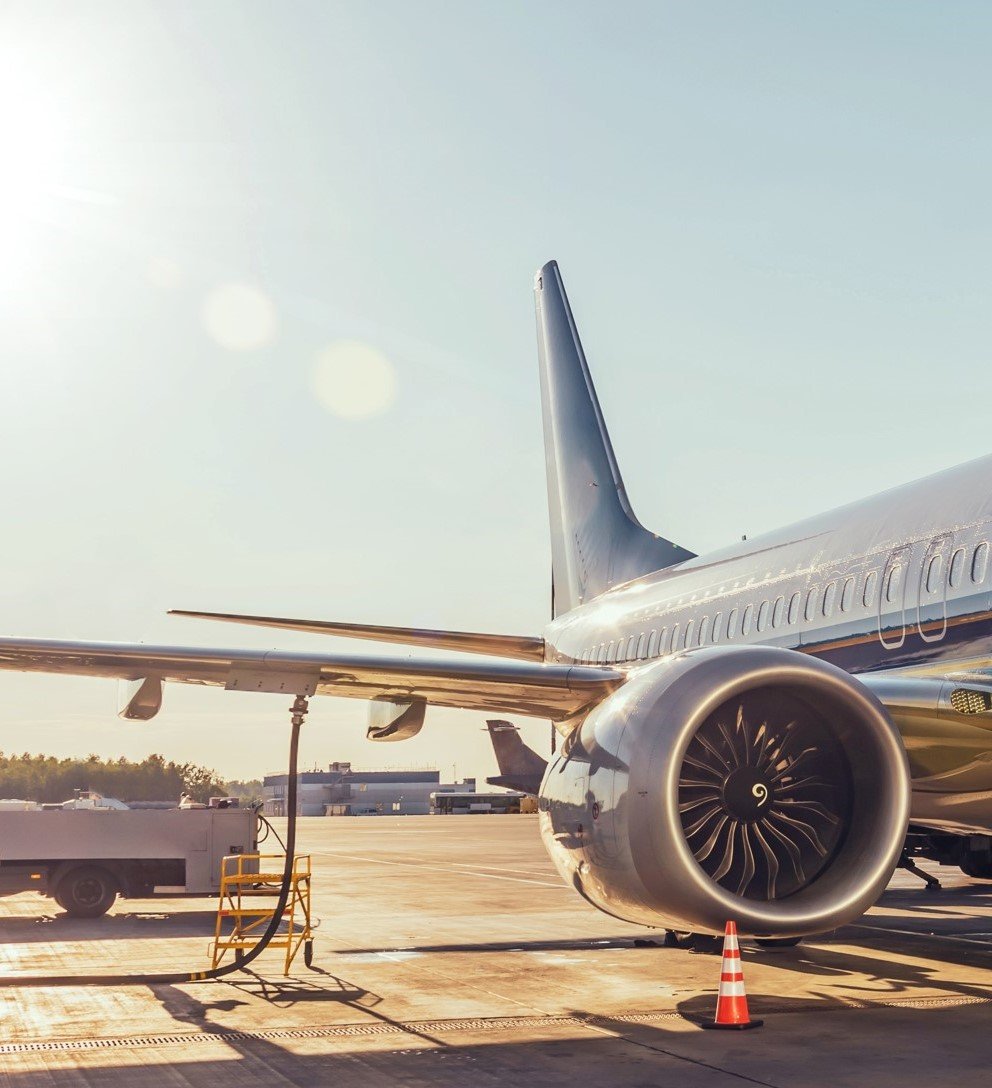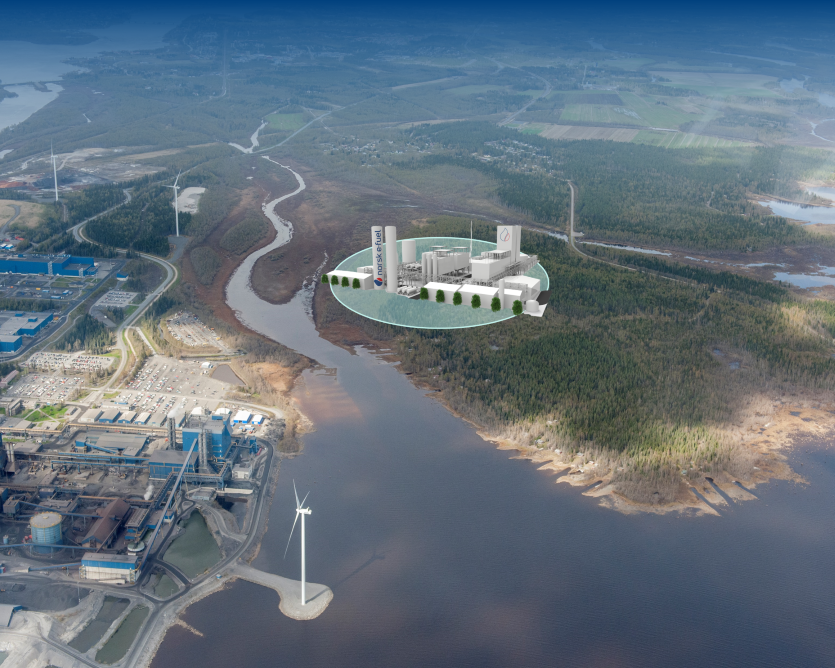As a project developer, we build on decades of experience and a strong network of partners.
Driving the transition to
sustainable aviation
today
We turn CO2 and water into the sustainable fuel of the future
The need to rapidly reduce GHG emissions has never been more urgent. At Norsk e-Fuel, we are committed to protecting our climate by providing fossil-free, synthetic fuels to the aviation industry. Determined to always offer the most efficient solutions, we are turning what we have into what we need for a world without fossil fuels.

Why e-Fuels?
The world needs more sustainable energy carriers to take on the greatest challenge of our time – the climate crisis. International scientists and bodies such as the IEA, the IPCC and the World Economic Forum agree that e-Fuels offer unique advantages and are a necessity for industries such as aviation to meet global climate goals. They allow us to…
...use existing infrastructures
e-Fuels are certified for use today without creating the need to build new aircraft or adapt international refueling infrastructures. Existing planes, pipelines, and distribution channels are already available worldwide.
...avoid 99% GHG emissions
By using recycled CO2 from biogenic sources and direct air capture, e-Fuels reduce an aircraft's GHG emissions by up to 100% compared to the use of fossil fuels. In addition, they burn cleaner, have no sulfur content, reduce particle emission and create fewer condensation trails.
...save limited resources
Compared to biofuels, e-Fuel production is eight times more land efficient, uses 95 % less water, and does not compete with the production of food crops. We can leave fossil fuels where they belong and where they permanently store CO2 - underground.
...fly long-distance
e-Fuel has a higher energy density than hydrogen and is lighter and more space efficient than batteries. This makes e-Fuel a perfect solution for long-distance flights, where larger amounts of energy are needed.
Want to know more?
We strive to be as efficient as possible in all aspects of production, from use of power and CO2 all the way to our products.
We are determined to have our first three plants producing 250 million liters of e-Fuel operational by 2030.
> Learn more about our projects

